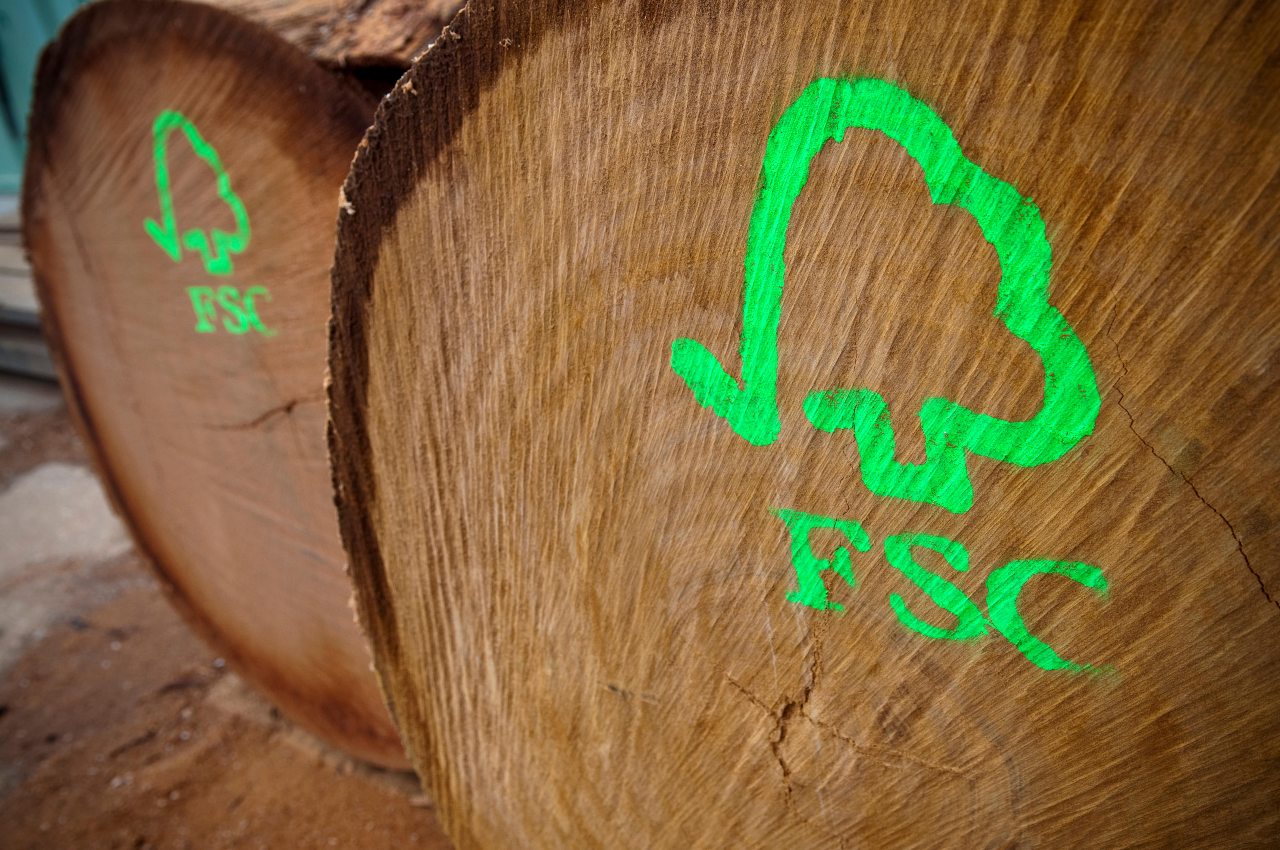A subsidiary of the giant palm oil and paper conglomerate
Sinar Mas has withdrawn from the RSPO, five months after it was rebuked by the
certification scheme for coercing communities into giving “consent” to its
operations in Liberia.
An investigation commissioned by the RSPO published in February revealed
that heavily-armed riot police were present when communities were asked to sign
a Memorandum of Understanding (MoU) with Golden Veroleum Liberia (GVL).
Others had only signed an MoU with the company in order to
lift legal charges they faced after riots
broke out against GVL’s operations in 2015. Global Witness has
published evidence that GVL had desecrated religious sites, and
that Liberians had been beaten, threatened and arrested for taking a stand
against the company, which accelerated its expansion at the height of Liberia’s
Ebola outbreak.
The RSPO Complaints Panel instructed GVL to “initiate a
facilitated consultation” and negotiation with the affected communities, to
cease coercing them and to re-start participatory mapping. It also instructed
GVL to issue stop-work orders over some areas of the license.
But on 20th July, GVL’s recently-appointed CEO, Patrice
Lobet, announced instead that it would withdraw from the CEO “voluntarily”, to
“allow us to do the necessary work in rebuilding community confidence, and
trust in our sustainability efforts in a time and manner that best suits the
working reality of Liberia”.
In
a statement, he said that GVL could “best honour the spirit of the RSPO” by
“refresh[ing] personnel and systems”.
GVL says it will develop an action plan to be implemented
over 12 to 18 months, to implement Free, Prior and Informed Consent in affected
communities, finalise MoUs with them, and carry out a “reassessment of High
Carbon Stock (HCS) forest areas”.
Last month, the Liberian NGO Sustainable Development
Institute, which has been central to efforts to hold GVL to account,
published an
excoriating report on the company’s activities over the past eight
years.
The report found that GVL’s land acquisition processes
violate Liberia’s Community Rights Law and Land Rights Policy, as they
disregard communities’ land and natural resource rights. It alleges that GVL’s
65-year concession agreement contravenes Liberia’s Public Lands Law, which
states that no such lease shall exceed 50 years. Further, that GVL’s concession
agreement allows the company to withhold tax payments for 65 years, in
violation of Liberian tax code.



